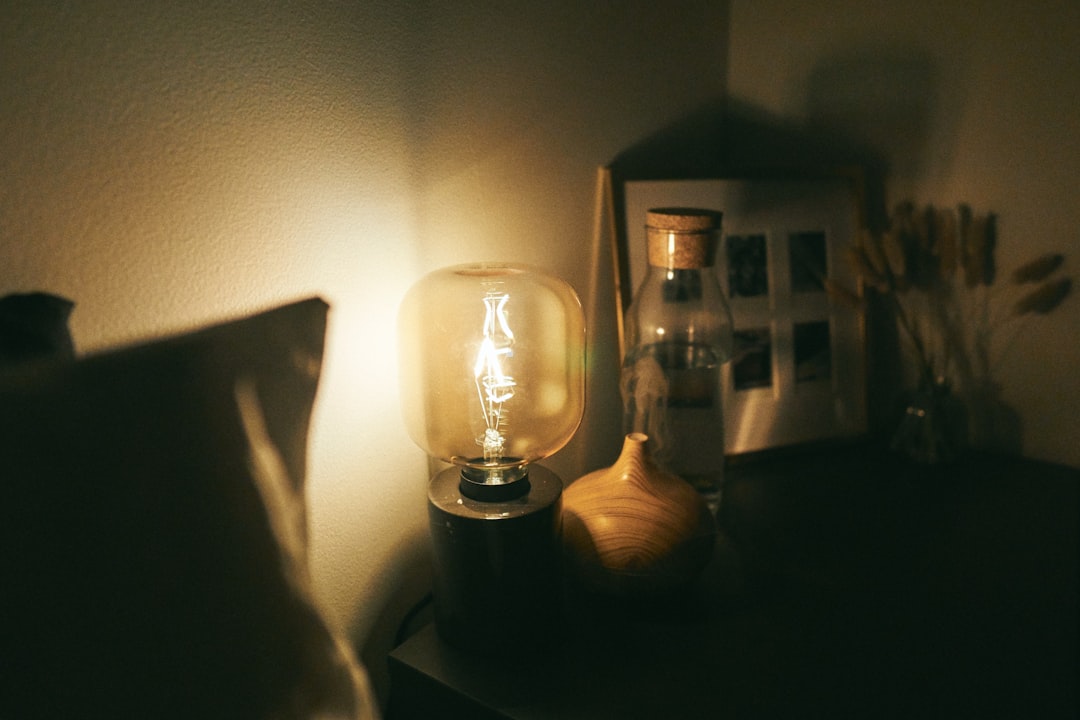Getting good sleep starts way before your head hits the pillow.

Honestly, I didn’t realize how much my whole day depended on my night routine until I started building better habits. For a long time, I would scroll my phone late into the night, chase snacks at midnight, or just watch one more episode until I crashed with the TV still on. Sound familiar?
If you’ve been struggling with tired mornings, low energy, or just feeling “off,” your bedtime routine might be the missing puzzle piece. Let’s talk about how to build a better one—with simple steps you can actually stick to.
Why Your Night Routine Matters So Much
Your body craves rhythm. When you sleep and wake at the same time every day, it starts to function better—physically, emotionally, mentally, and even spiritually. But a consistent bedtime isn’t enough on its own. What you do in the hour or two before bed shapes the quality of your sleep.
Think of your bedtime routine like slowly pressing the brakes instead of slamming them at full speed. You need time to wind down, not shut off instantly.
I learned this the hard way. When I was stuck in cycles of late-night gaming, binge eating, and binge-watching, I was destroying my sleep. I always woke up groggy and anxious. My day started in a cloud because the night before was chaos.
But when I started building a consistent routine—simple, peaceful, and intentional—it changed everything. My mornings felt lighter. My energy came back. I stopped relying on five cups of coffee just to function.
Step 1: Start Small
Don’t try to overhaul your entire night all at once. That’s a fast track to burnout. Start with one or two simple habits that signal to your body: “It’s time to slow down.”
Here are a few ideas:
- Set a regular bedtime (and wake-up time) even on weekends
- Turn off screens 30–60 minutes before bed
- Dim the lights in your house
- Do some gentle stretching or breathwork
- Read something calming
You don’t need a 10-step wellness checklist. Just a few calming habits can work wonders.
When I first started changing my routine, I only committed to turning off screens 60 minutes before bed. No phone, no laptop, no Netflix. That simple shift created a ripple effect. I started reading my Bible more, journaling my thoughts, and found space for gratitude.
Step 2: Cut the Clutter
Your environment matters more than you think. If your bedroom is filled with light, noise, and clutter, it’s going to throw off your sleep.
Try these quick fixes:
- Use blackout curtains or an eye mask
- Keep your room cool and quiet
- Set your phone to “Do Not Disturb” after a certain hour
- Charge devices outside your room (or across the room so you’re not tempted)
- Keep only sleep-related items around your bed
Think of your bedroom as a sanctuary—not just a place you crash.
I used to have my gaming setup just a few feet from my bed. I told myself I’d stop playing by 10, but then… midnight. Moving the setup to another room helped me draw a clear line. It wasn’t willpower—it was changing my environment so the temptation wasn’t right there.
Step 3: Use a Wind-Down Anchor
One game-changer is having an “anchor” habit that signals it’s bedtime. This is something simple you do every night to connect with peace and presence.
Here are some examples:
- Prayer and reflection
- Reading scripture or a calming devotional
- Journaling what you’re grateful for
- Making a cup of herbal tea
- Writing down your to-do list for tomorrow to clear your mind
Personally, I anchor my wind-down time with prayer and gratitude. I write in my journal just a few lines every night. Sometimes it’s a quick note like, “Thank you God for the strength today,” or “Grateful I stuck to my workout,” or even, “Rough day, but we made it.”
These moments build connection—not just with your routine, but with God, with purpose, with peace.
Step 4: Don’t Panic if You Miss It
Here’s the honest truth: you won’t follow your bedtime routine perfectly every night. Life happens. Stress piles up. Kids wake up. You binge a show. You eat pizza at 11 p.m.
That doesn’t mean you failed. It means you’re human.
What matters most is that you come back to the routine. Consistency isn’t about perfection. It’s about direction. Are you moving toward peace, or away from it?
When I was working to lose over 110 pounds, I had a lot of “imperfect” days. But I didn’t give up because of one binge or late night. I looked for the small wins and used them as fuel.
You can apply the same mindset to your bedtime. If you miss it, just show up again the next night.
Step 5: Make Space for Stillness
This one’s not always easy, especially if you struggle with anxiety, racing thoughts, or just being constantly overstimulated.
Stillness feels awkward at first. But it touches something deep inside us. It creates space for healing, reflection, and connection with God.
You don’t have to sit in silence for an hour. Even five minutes of quiet in the dark—no music, no scrolling—can help ground you in the present.
Some nights I just lie in bed and say a simple prayer. “Lord, thank you. Help me let go of today.” That’s it. Try it and see how powerful five quiet minutes can be.
Final Thoughts
Creating a better bedtime routine isn’t about being perfect. It’s about giving yourself permission to slow down and switch off with intention.
Start with one small habit. Celebrate the wins, even the tiny ones. Be kind to yourself when you mess up. And invite God into those quiet moments.
Something beautiful happens when you end your day with peace. You start your next day with strength.
Here’s one small action you can take tonight: Choose just one new habit—no phone, dim the lights, say a short prayer. Then do it again tomorrow.
What’s one thing you could change tonight to invite more peace before bed?
Give it a try. Your future self—and your sleep—will thank you.





